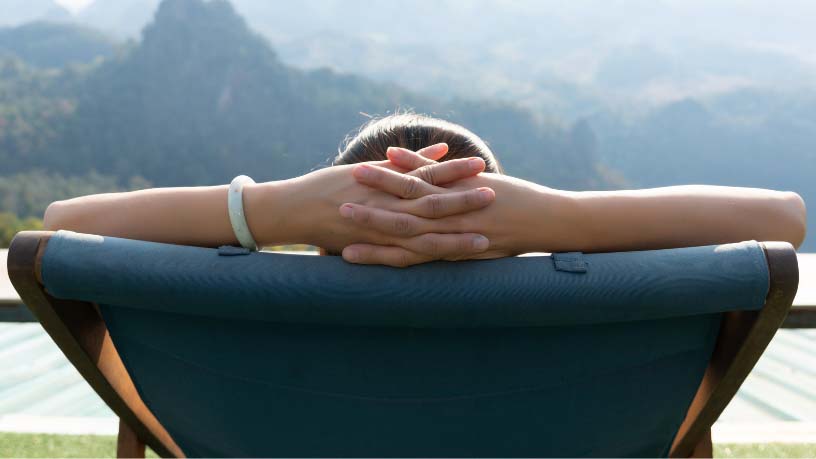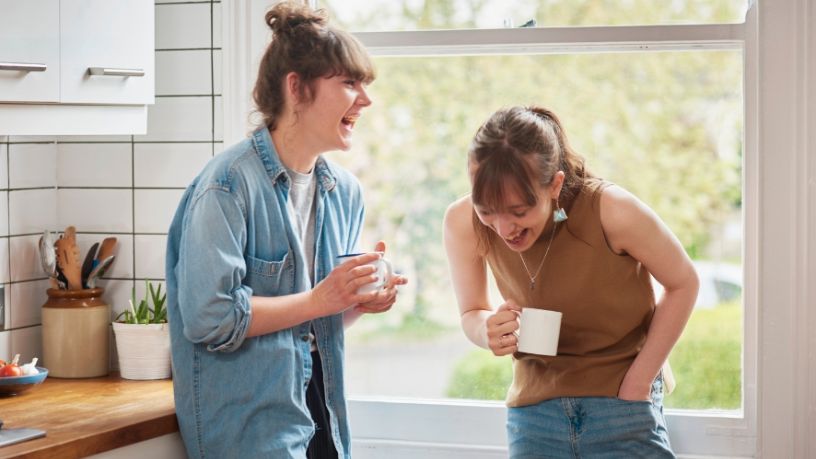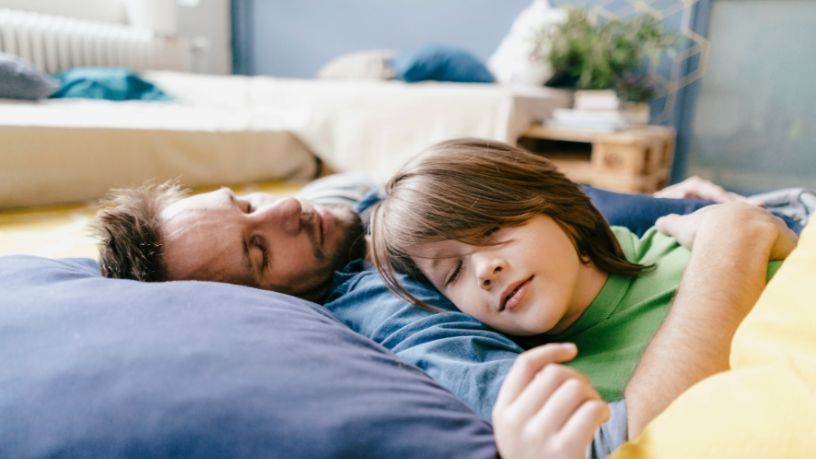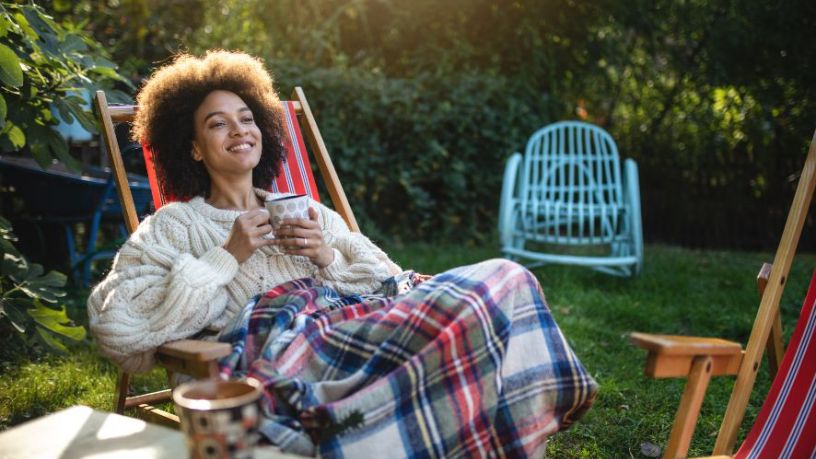Making small changes to your day can help you fall asleep faster.
Key takeaways
Find out why your TV and mobile devices could be sabotaging your sleep.
Discover why naps and sleeping in may not be good for your sleep routine.
Can’t sleep? Don’t worry. With some small changes to your evening routine, you could soon be nodding off faster and sleeping better.
It’s 11:30pm. You’re still awake, longing for that elusive moment when your eyelids start to feel heavy. But you keep watching the minutes tick over, but your body is not succumbing. You become more annoyed and more awake as you urge yourself to fall asleep, to no avail.
If this sounds familiar, these 5 tips could help you fall asleep faster and experience a better night’s sleep.
1. Have a warm, relaxing shower
Sleep research suggests body temperature may play an important role in helping you sleep.1
Just before you fall asleep, your body temperature drops slightly.
This helps your body save energy while you sleep, but it may also help you fall asleep.
Showering or bathing just before bed can help to raise and then lower your body temperature, mimicking this process. And it’s a good excuse to enjoy a warm, relaxing shower or bath at the end of a long day.
2. Limit screens at night
Melatonin, a hormone produced in the brain in response to light levels, helps regulate sleep patterns. At night when it’s dark, your brain produces high levels of melatonin which signals to your body that it’s time to hit the sack. In the morning when the sun starts to rise, your body produces less melatonin which prompts you to wake up.
Try to limit light exposure in the evening and avoid watching TV or using computers, tablets and mobile phones 2 to 3 hours before bedtime.
The blue light from the screens reduces the amount of melatonin the brain creates, making it harder for you to fall asleep.
If you can’t avoid looking at screens at night, try a pair of sleep well glasses designed to filter blue light.
Once you’re awake, have a ‘natural shot of espresso’ by going outdoors into the sunlight (and don’t forget to be sun smart!). This limits the amount of melatonin your brain produces, helping you to wake up.
3. Avoid the urge to nap or sleep in
Going to sleep at about the same time each night can help to set your internal body ‘clock’ (circadian rhythm), helping you create a regular sleep pattern. Try not to lie in over the weekend or have a nap during the day as this can disturb your sleep pattern, making it harder for you to fall asleep at night.
4. Put down the coffee
Stimulants such as coffee, tea, alcohol and cigarettes can stimulate the brain and nervous system and keep you awake. So, try to avoid having them before bedtime.
5. Practise mindful sleep
If you find yourself lying in bed at night worrying and unable to fall asleep, why not try to wind down mentally in the hour before bedtime?
Calm your thoughts and prepare your mind for sleep.
Listening to quiet music, reading a book or even practising relaxation techniques, such as deep breathing, can be helpful.
It’s no secret that a good night’s slumber can help you feel fresh and energised. But sleep is also vital for healthy living. Scientists don’t know exactly why we need so much sleep, but research suggests that sleep may help support your immune system, promote growth and healing, control your appetite and help enhance your memory.2 That’s all the more reason to fine tune the art of a good night’s sleep.

At Bupa, trust is everything
Our health and wellbeing information is regularly reviewed and maintained by a team of healthcare experts, to ensure its relevancy and accuracy. Everyone's health journey is unique and health outcomes vary from person to person.
This content is not a replacement for personalised and specific medical, healthcare, or other professional advice. If you have concerns about your health, see your doctor or other health professional.
1Szymusiak, R. (2018). Body temperature and sleep. Handbook of Clinical Neurology, 156, 341-351.
2National Institute of Health. (2021). Good Sleep for Good Health. National Institute of Health.
You might also like...
Breaking the stress-sleep cycle
A good night’s sleep is one of the best ways to manage stress, but ironically, it’s incredibly difficult to drift off when you’re stressed.
How diet affects your sleep
What you eat and drink during the day can have a big impact on how well you sleep at night. So how exactly does your diet affect your sleep?
How important is sleep?
Making sure you have a good night's sleep is one of the best things you can do for your health and wellbeing.
5 things to do during the day for a better night's sleep
For some people, falling asleep is as easy as turning a light off. For others, it’s a frustrating battle. Learn how your daytime activities can impact your nighttime shut eye.





